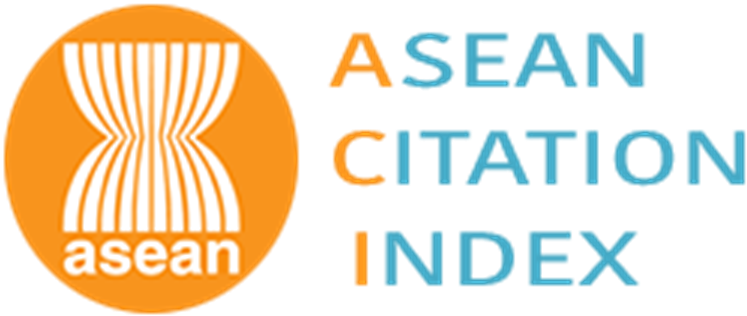Bio-Circular-Green Economic Model BCG and Lignocellulose Biorefinery: Advancing Sustainable Development and Climate Change Mitigation
Abstract
Keywords
[1] F. Keller, R. P. Lee, and B. Meyer “Life cycle assessment of global warming potential, resource depletion and acidification potential of fossil, renewable and secondary feedstock for olefin production in Germany,” Journal of Cleaner Production, vol. 250, 2020.
[2] M. M. Shea and T. F. Thornton “Tracing country commitment to Indigenous peoples in the UN Framework Convention on Climate Change,” Global Environmental Change, vol. 58, 2019.
[3] E. J. Panakkaland and M. Sriariyanun, “Valorization of lignocellulosic biomass to value added products, ” The Journal of KMUTNB, vol. 33, no. 1, 2023 (in Thai).
[4] E. J. Panakkal, N. Kitiborwornkul, M. Sriariyanun, J. Ratanapoompinyo, P. Yasurin, S. Asavasanti, W. Rodiahwati, and P. Tantayotai, “Production of Food Flavouring Agents by Enzymatic Reaction and Microbial Fermentation,” Applied Science and Engineering Progress, vol. 14, no. 3, 2021.
[5] M. P. Gundupalli and M. Sriariyanun “Recent trends and updates for chemical pretreatment of lignocellulosic biomass,” Applied Science and Engineering Progress, vol. 16, 2022.
[6] J. C. Solarte-Toro and C. A. C. Alzate “Biorefineries as the base for accomplishing the sustainable development goals (SDGs) and the transition to bioeconomy: Technical aspects, challenges and perspectives,” Bioresource Technology, vol. 340, 2021.
[7] T. Ruensodsai and M. Sriariyanun “Sustainable development and progress of lignocellulose conversion to platform chemicals, ” The Journal of KMUTNB, vol. 32, no. 4, 2022 (in Thai).
DOI: 10.14416/j.kmutnb.2023.11.006
ISSN: 2985-2145





